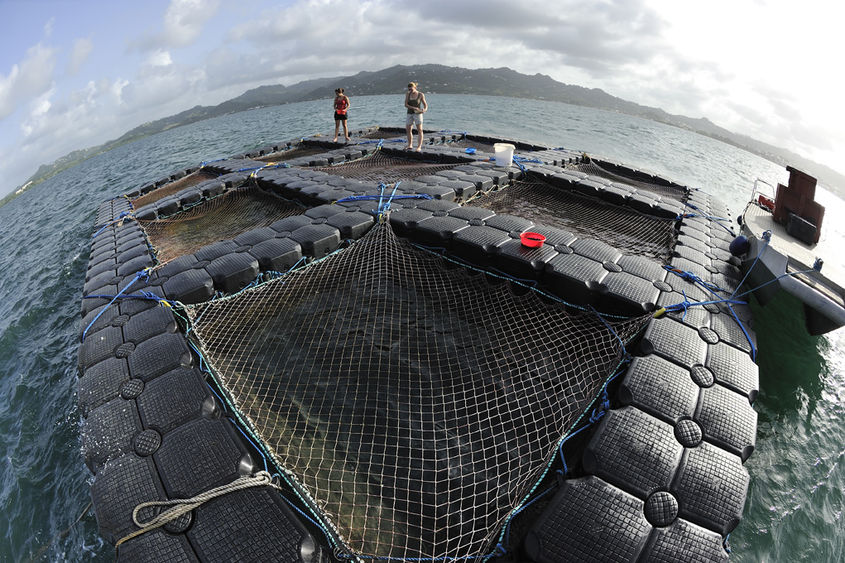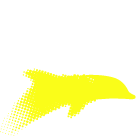Ifremer has long taken an active part in aquaculture research: the institute supports the different stakeholders in this sector in their sustainable development and product quality approaches. In concrete terms, these missions in terms of the surveillance and optimisation of aquaculture production mean the acquisition of knowledge and development of useful technologies for the development of sustainable, efficient aquaculture.
Global aquaculture challenges
Global demand for products of aquatic origin is growing fast.
- According to FAO (Food and Agriculture Organization) predictions, worldwide per capita consumption of these products is expected to increase from the current level of 16 kg to around 20 kg per year in 2030.
- Meanwhile, the world population is forecast to exceed 8 billion people.
Total fish consumption would therefore reach around 150-160 million tonnes. The constant maximum annual total of fish catches is estimated at 100 million tonnes. "The majority of the increase in supply will therefore need to come from aquaculture".

©Ifremer
Why develop research in this field?
By developing the knowledge and technologies required for quality aquaculture, capable of sustainably producing and maintaining an alternative protein supply in addition to that from fishing, research meets numerous obligations and priorities:
- consumer health
- improvement in the quality of products and processes (such as stock surveillance)
- development of sustainable, environmentally-friendly farming and production systems, compatible with other uses of the environment.
The model and emblematic species studied at Ifremer include:
- sea bass (Dicentrarchus labrax)
- oysters (Crassostrea gigas, Ostrea edulis, Pinctada margaritifera)
- blue shrimps (Litopen aeus stylirostris).
